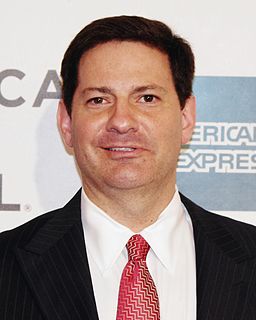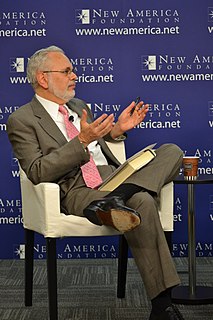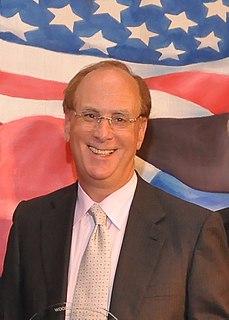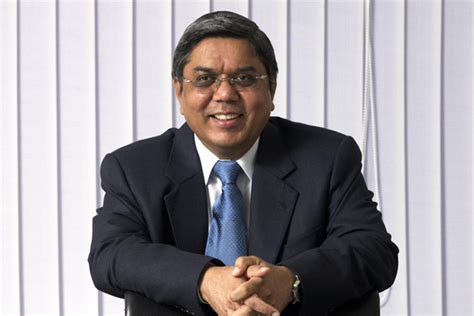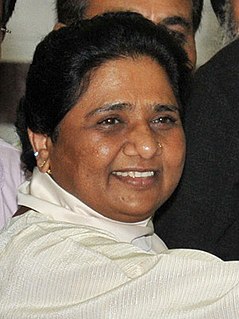Top 1200 Great Wall Of China Quotes & Sayings - Page 9
Explore popular Great Wall Of China quotes.
Last updated on November 29, 2024.
You cannot just depend on the market, because the market will say: China needs oil; China needs coal; China needs whatever, and Africa has got all these things in abundance. And we go there and get them, and the more we develop the Chinese economy, the larger the manufacturing is, the more we need global markets - sell it to the Africans which indeed might very well destroy whatever infant industries are trying to develop on the continent. That is what the market would do.
We don't hear our president [Barack Obama] talking about the need for high-quality jobs for everybody, giving it priority, not just giving a speech in Detroit. That's fine, but speaking to Tim Geithner, speaking to Larry Summers. When are you going to make jobs, jobs, jobs a priority rather than Wall Street, Wall Street, Wall Street a priority? That's what I'm concerned about.
It is in the interests of all of us - the United States, China and the rest of the world - to make sure that the rules of the road are upheld. These rules and norms are part of the foundation of regional stability, and they have allowed nations across the region, including China, to grow and prosper.
Even in such a time of madness as the late twenties, a great many man in Wall Street remained quite sane. But they also remained very quiet. The sense of responsibility in the financial community for the community as a whole is not small. It is nearly nil. Perhaps this is inherent. In a community where the primary concern is making money, one of the necessary rules is to live and let live. To speak out against madness may be to ruin those who have succumbed to it. So the wise in Wall Street are nearly always silent. The foolish thus have the field to themselves. None rebukes them.
When technology is used as a gimmick it can be a terrible distraction. The trick is to harness technology in a way that empowers the audience, informs them and brings them closer to the action. CNN has always been an innovator on election night, with the Magic Wall leading the way. Tonight, for the first time, and we're going to put the Magic Wall in the hands of our audience. Along with our partners at Microsoft, we have built a tool to let our users drill down into the key races and access a great deal of data, real time, as the results are unfolding.




















